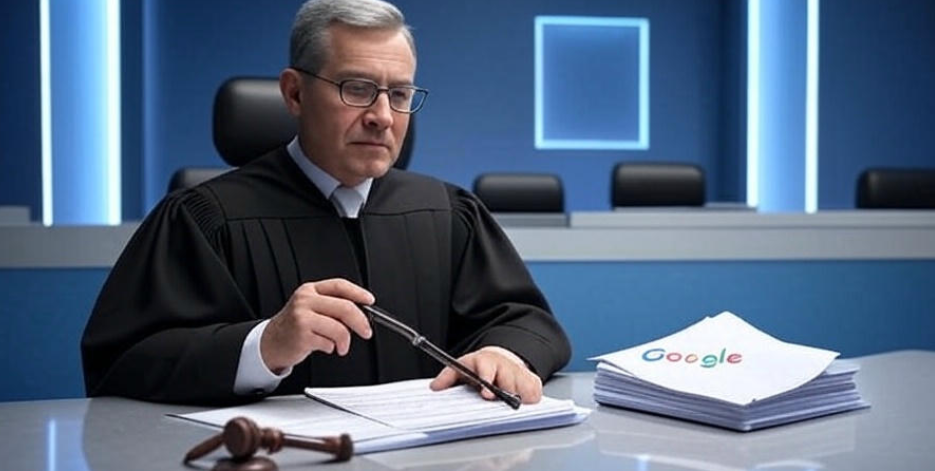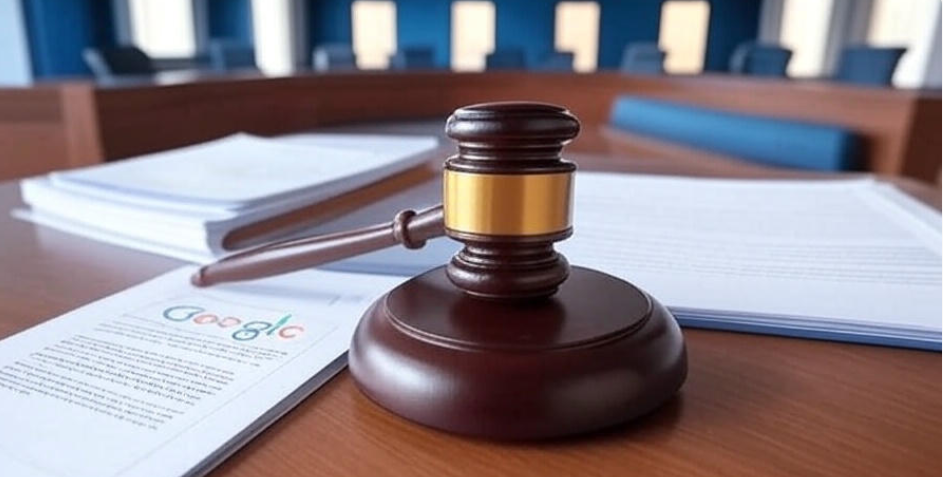As a technologist who’s spent over a decade working in the tech industry, I’ve seen firsthand how search engines shape the way we interact with information online. Google has been the undisputed king of search for as long as I can remember, but recent developments in the US search antitrust case have me thinking about the future of online search and how it might affect developers, businesses, and users like me. On May 31, 2025, I came across news that US District Judge Amit Mehta is considering softer remedies than those proposed by antitrust enforcers to address Google’s monopoly in online search. This got my attention, and I wanted to dive deeper into what this means for the tech landscape.
The Backstory: Google’s Monopoly in the Spotlight
For years, Google has dominated the search market, holding over 90% of the global share, according to StatCounter’s 2024 data. It’s no surprise that the Department of Justice (DOJ) took notice, accusing Google of maintaining an illegal monopoly through exclusive deals like paying billions to Apple to be the default search engine on Safari. As a technologist, I’ve always admired Google’s engineering prowess, but I’ve also been wary of how its dominance stifles competition. Smaller search engines like DuckDuckGo or Ecosia struggle to gain traction, not because their tech isn’t good, but because Google’s agreements with device makers and browser companies make it nearly impossible for them to compete.
The antitrust case kicked off in 2020, and after years of legal back-and-forth, Judge Mehta ruled in 2024 that Google had indeed violated antitrust laws. Now, in 2025, we’re in the remedies phase where the court decides how to level the playing field. The DOJ proposed a 10-year oversight regime, which could include forcing Google to share its search data with competitors or even breaking up parts of its business. But during closing arguments on May 30, 2025, Judge Mehta hinted at taking a less aggressive approach, and that’s what sparked my curiosity.

Why Softer Remedies? A Technologist’s Perspective
I’ve been following this case closely because, as someone who builds web applications, search engine dynamics directly impact my work. When I optimize a site for SEO, I’m mostly optimizing for Google its algorithms, its rules. If Google’s monopoly is curtailed, it could mean more diversity in how search works, which might force me to rethink my strategies. But Judge Mehta’s inclination toward softer remedies suggests he’s not ready to overhaul the search landscape entirely.
From what I’ve read, Mehta is skeptical of the DOJ’s forward-looking approach, especially their concerns about Google’s advantage in AI. The DOJ argued that Google’s search monopoly gives it a head start in AI products like Gemini, which in turn reinforces its search dominance a vicious cycle. But Mehta pushed back, questioning whether AI tools like Gemini or OpenAI’s ChatGPT should even be considered part of the “general search engine market.” As a technologist, I get where he’s coming from. AI-driven search is a different beast—it’s less about keyword matching and more about conversational understanding. Tools like ChatGPT don’t just search; they generate answers. Lumping them into the same category as traditional search feels like a stretch.
Mehta also seems mindful of not causing unnecessary harm to other players in the market. For example, if Google were forced to stop paying for default status on devices, companies like Apple might take a financial hit, since those payments reportedly amount to billions annually. I can see why Mehta is treading carefully disrupting these deals could have ripple effects across the tech ecosystem, potentially hurting innovation rather than fostering it.
What This Means for Developers and Startups
As a developer, one of the biggest implications of this case is how it might affect innovation in search and AI. Right now, Google’s dominance makes it tough for startups to break into the market. I’ve worked with a few early-stage companies that tried to build alternative search tools, only to hit a wall because they couldn’t get distribution. Google’s default status on Android and iOS devices means most users never even think to try another search engine. If Mehta’s remedies stop these exclusive deals, it could open the door for more competition, giving startups a fighting chance.
On the flip side, I’m a bit worried about what “softer remedies” might mean in practice. If the changes are too incremental—like a temporary injunction on default deals without addressing deeper issues like data access—Google could easily find workarounds. For example, they might pivot to promoting their search engine through their vast ad network, which reaches billions of users. As someone who’s seen how nimble tech giants can be, I’m skeptical that small tweaks will make a dent in Google’s dominance.
Another angle I’m thinking about is AI. The DOJ raised a valid point about how Google’s search data gives it an unfair edge in training AI models. I’ve worked on machine learning projects, and I know how crucial data is—more data means better models. If Google can leverage its search monopoly to fuel AI products like Gemini, it’ll be even harder for competitors to catch up. But Mehta’s reluctance to wade into the AI debate suggests he might leave this issue unaddressed, which could let Google maintain its lead in the next frontier of tech.
The Bigger Picture: Search in the Age of AI
This case isn’t just about search it’s about the future of how we access information. As a technologist, I’ve been fascinated by the rise of AI-driven tools like ChatGPT and Google’s own Gemini. These tools are starting to reshape the search landscape in ways that traditional keyword-based search never could. For example, when I need to troubleshoot a coding issue, I often turn to ChatGPT for a conversational explanation rather than sifting through Google results. It’s faster and more intuitive.
The antitrust case has already exposed some cracks in Google’s armor. During the trial, we learned that Apple is exploring AI-based search options, potentially as an alternative to Google. If Apple were to launch its own search product, powered by something like Siri and integrated across its ecosystem, it could pose a real threat to Google. As a user, I’d love to see more competition in this space it’d push everyone to innovate faster.
But here’s where I think Mehta’s softer approach might fall short. If the remedies don’t address the structural advantages Google has like its access to unparalleled user data or its control over Android competitors might still struggle to gain a foothold. I’ve seen posts on X where users and tech analysts are debating this very point, with some arguing that AI is the real battleground now, not traditional search. I tend to agree. The future of search isn’t just about who can index the web better; it’s about who can deliver the most relevant, context-aware answers. And right now, Google’s resources give it a massive head start.
What I Hope to See
As someone who’s passionate about technology and fair competition, I’m hoping Mehta’s final ruling strikes a balance. I don’t want to see Google dismantled that’d be overkill, and honestly, their search engine is still the best in many ways. But I do want a future where smaller players have a real shot at competing. Maybe that means requiring Google to share anonymized search data with competitors, or mandating that device makers offer users a choice of search engines during setup. These kinds of remedies would foster innovation without disrupting the market too drastically.
I’m also curious to see how this ruling will affect Google’s AI ambitions. If Mehta avoids tackling the AI issue, it might embolden Google to double down on products like Gemini, using its search dominance to fuel growth in other areas. As a technologist, I’m all for AI innovation, but I’d rather see it happen in a competitive environment where multiple players can thrive.
Insights
Judge Mehta has said he aims to issue a ruling by August 2025, so we’ll have to wait a few months to see how this plays out. In the meantime, I’ll keep an eye on how Google and its competitors respond. The tech world moves fast, and with AI reshaping the search landscape, the stakes are higher than ever.
For now, I’m cautiously optimistic. Mehta’s thoughtful approach suggests he’s not rushing to impose drastic measures, which is good, he’s clearly aware of the broader implications. But as a technologist who’s seen the downsides of unchecked monopolies, I hope his remedies are strong enough to make a real difference. The future of search, AI, and innovation depends on it.softer remedies




